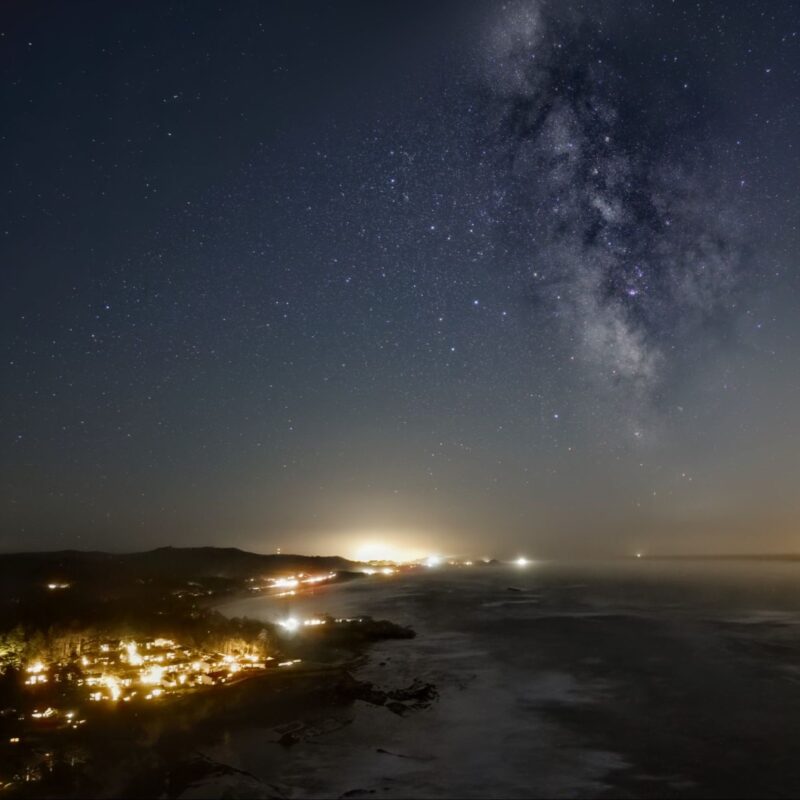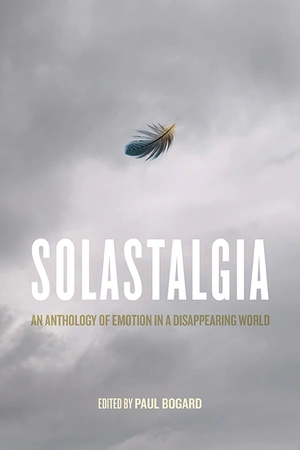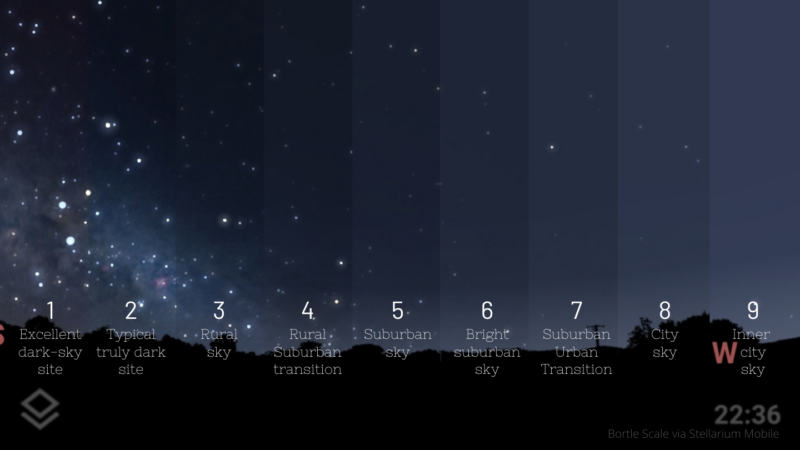Astronomers have noctalgia (sky grief), or sadness at the loss of dark skies

Noctalgia (sky grief)
As human population has increased, and as artificial lights have spread across Earth, the stars have been disappearing. And now astronomers have proposed a new word to describe their sadness over the loss of dark nights. The word they propose is noctalgia (sky grief), from an earlier word solastalgia, the lived experience of negatively perceived environmental change (with noct being a root word meaning night). In a late August 2023, in an e-Letter comment (which is not peer-reviewed) to the journal Science (pdf here), astronomers Aparna Venkatesan of the University of San Francisco and John C. Barentine of Dark Sky Consulting wrote:
Our diminishing ability to view the nighttime sky due to rapidly rising human-made light pollution is part of the palpable keening [a loud wailing or lament] of all that is passing each day …
The letter goes on to say:
We offer here the term noctalgia to express ‘sky grief’ for the accelerating loss of the home environment of our shared skies, a disappearance felt globally and deserving its own field of study of ‘nyctology’ [the study of night matters].
What are we losing?
You might have noticed for yourself that you don’t see as many stars as you used to. A 2021 report from NPR said that 99% of people in the U.S. and Europe live under light-polluted skies. It also said that 80% of people in North America can’t see the Milky Way from where they live.
That’s been true for decades. But it wasn’t true for millions of years before that. What implication does the loss of the night sky have on our collective psyches?
Venkatesan and Baretine’s letter said:
This represents far more than mere loss of environment: we are witnessing loss of heritage, place-based language, identity, storytelling, millennia-old sky traditions and our ability to conduct traditional practices grounded in the ecological integrity of what we call home. … As most cyclical indicators involving migratory birds/animals, weather patterns, pollinators and native plants are increasingly altered with climate change, the skies effectively represent a last stand of heritage, calendaring, language and food sovereignty for many global communities.

What can we do?
Light pollution can be reversed, via education, awareness and a willingness to act. The letter said:
How can we invite collaborative solutions in the face of this unprecedented threat to the skies, when so many in 2023 are experiencing crisis fatigue and young people are losing hope for the planet’s future? … Some of the next steps could be: expanding such protections and globally coordinated domestic and international policies for the skies; designation of the skies as intangible cultural heritage by the United Nations; and, expanding the language/protections associated with Earth jurisprudence and the ‘Rights of Nature’.
If you want to join the fight against light pollution, check out some of the ideas and networking on the International Dark Sky Association’s Get Involved page.
Do you suffer from noctalgia?
How are the skies where you live? This light pollution map can help you find the darkest skies close to home. Or visit EarthSky’s Best Places to Stargaze page to get recommendations from our community on where to enjoy dark skies.

Bottom line: Astronomers are using a new word to express their grief over the loss of dark skies: noctalgia. Learn more about sky grief here.











